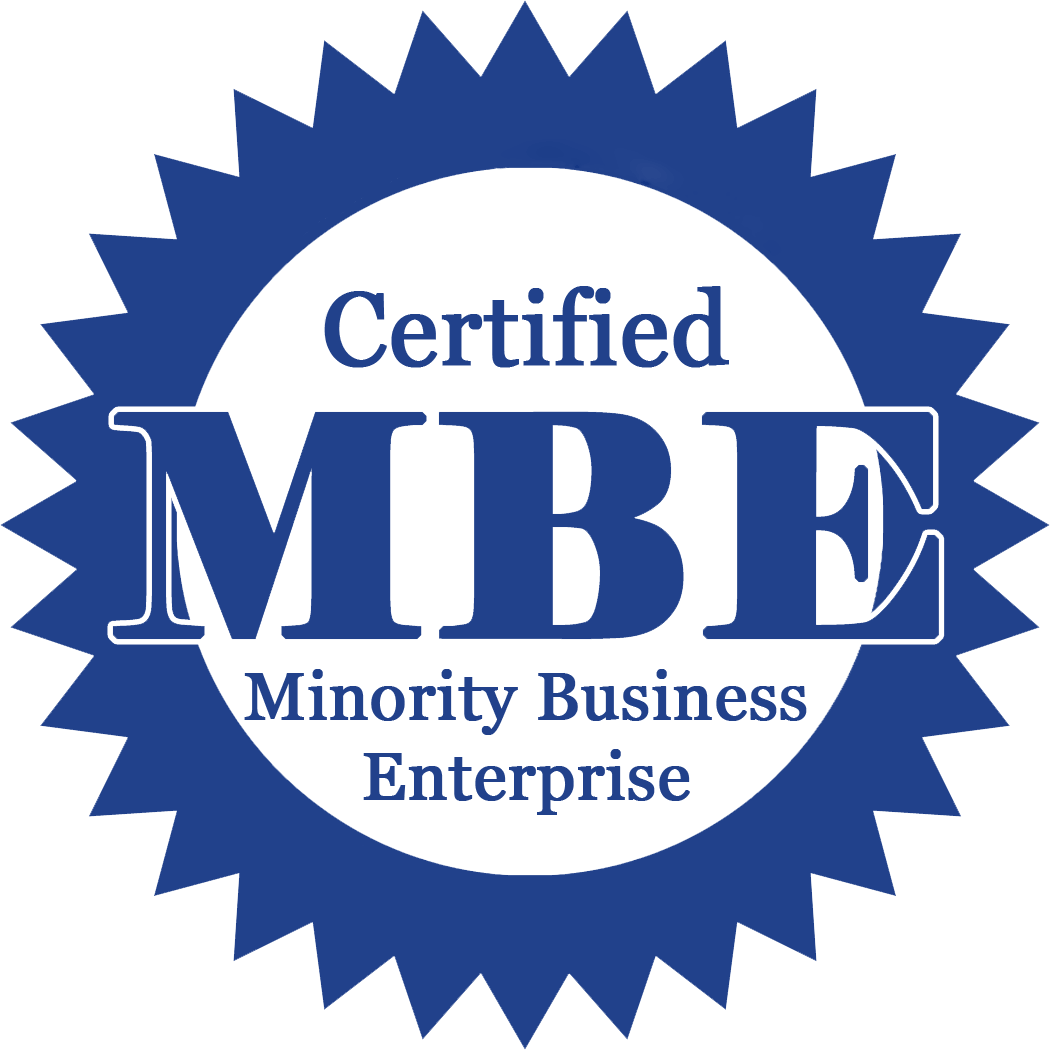Traditionally, urges are at the center of a person's internal struggle between resisting and yielding temptation, however I argue that urges can serve to alert consumers to potential windows of opportunity that may not be available at a later time. This is particularly true for consumers whose timestyles involve high time pressure and focus on the present. The motivating force of the urge arises when the consumer nonconsciously recognizes timestyle regulation opportunities in the environment and feels the drive to take advantage of them. I hypothesize that certain time-related cues in the retail environment can stimulate urges by triggering timestyle regulation goals.
The time-related cues I examine in my framework are temporal proximity of consumption, product scarcity, and consummatory cue complementarity. Temporal proximity refers to the perceived amount of time before the individual will be able to consume the desired object. Scarcity refers to the perceived quantity of the desired object that is available to consume. Cue complementarity refers to the additional presence of stimuli that either reinforce or conflict with the consumption of the desired object.
In my dissertation proposal, I combine the auto-motive model of nonconscious goal activation, delayed gratification research, and intertemporal decision making literature to form a conceptual framework that tests the influence of temporal proximity of consumption, product scarcity, consummatory cue complementarity, and their interactions on consumption urge strength and behavior.
By helping to fill in this gap in consumer behavior knowledge, this dissertation proposal contributes (1) to consumer theory by providing conceptual and empirical insights about an influential, yet under-researched phenomenon; (2) to managerial knowledge by informing practitioners about the processes by which situational variables stimulate urges that drive consumption behavior; and (3) to consumer advocacy by providing consumers empowering information about how urges interact with self-regulatory processes to influence consumption motivations.
Survey Software Easy to use and accessible for everyone. Design, send and analyze online surveys.
Research Suite A suite of enterprise-grade research tools for market research professionals.
Customer Experience Experiences change the world. Deliver the best with our CX management software.
Employee Experience Create the best employee experience and act on real-time data from end to end.




